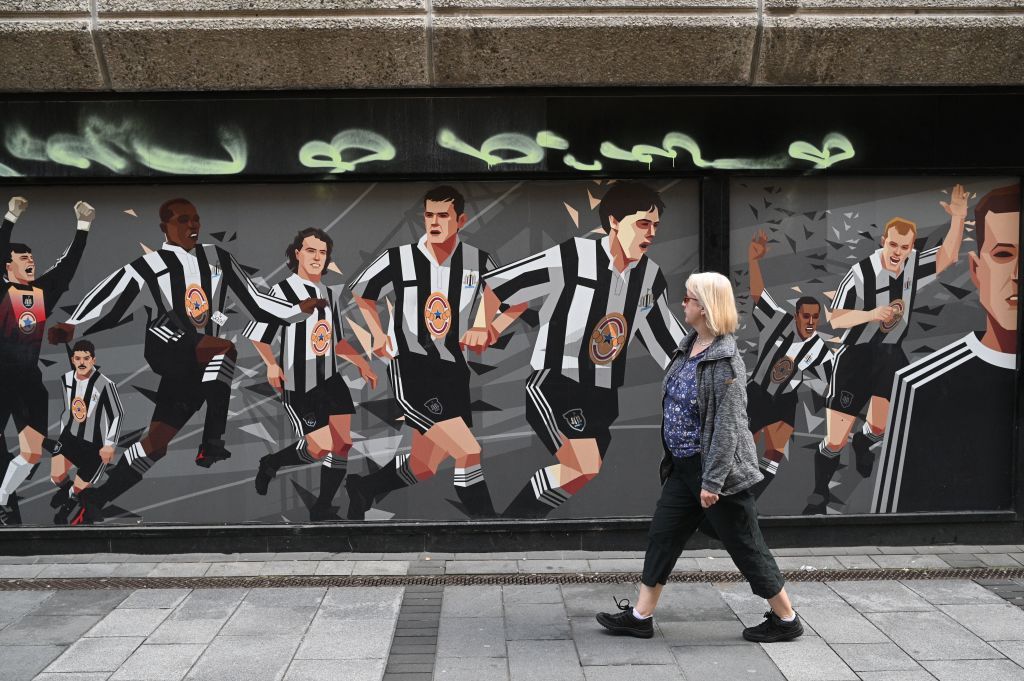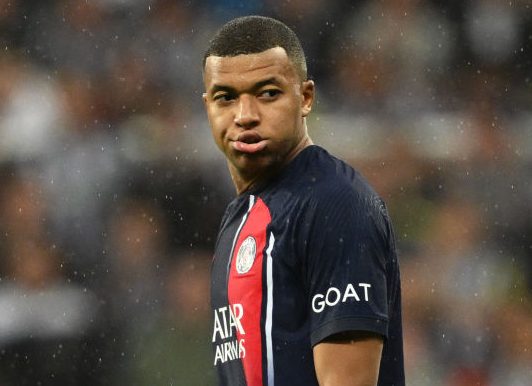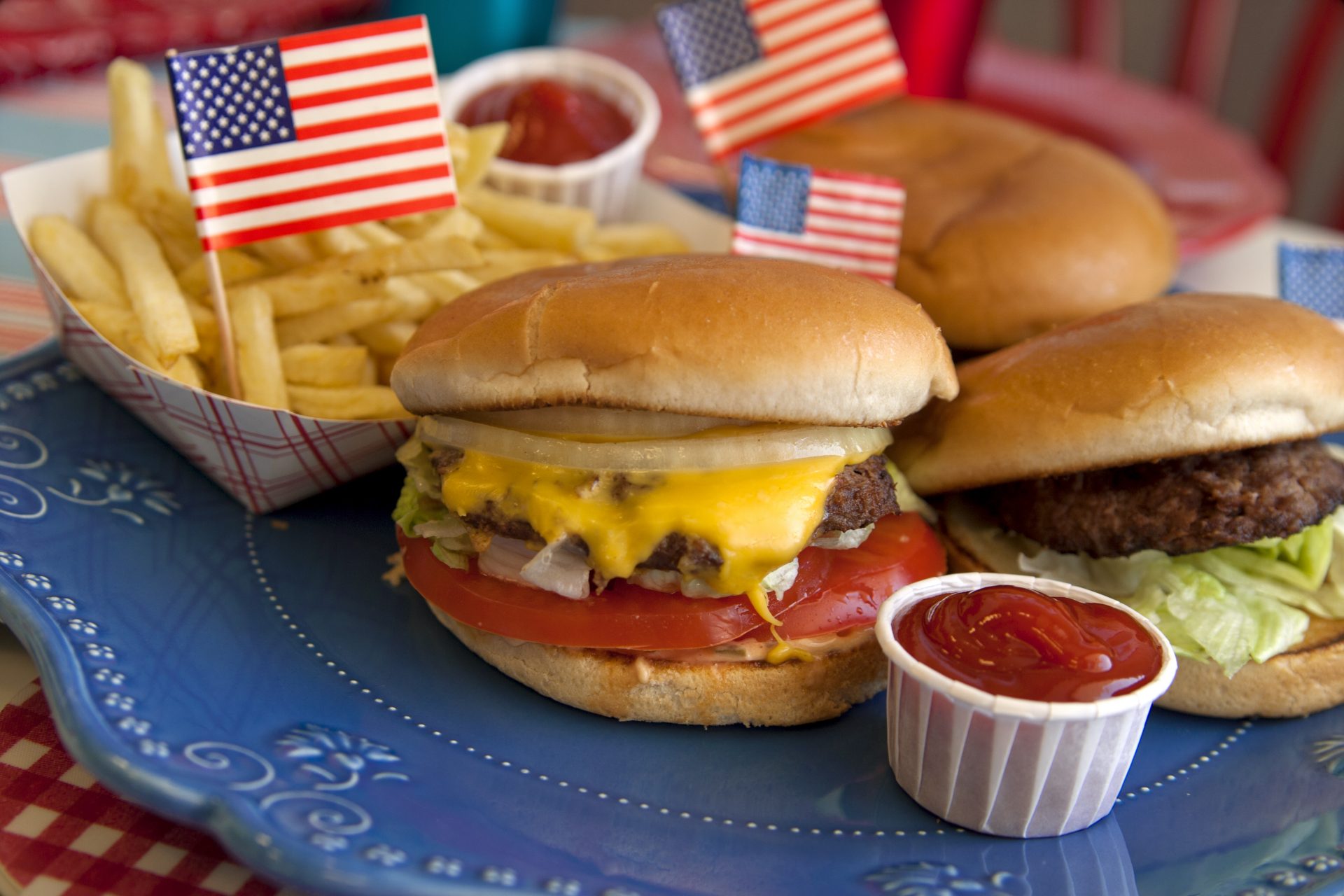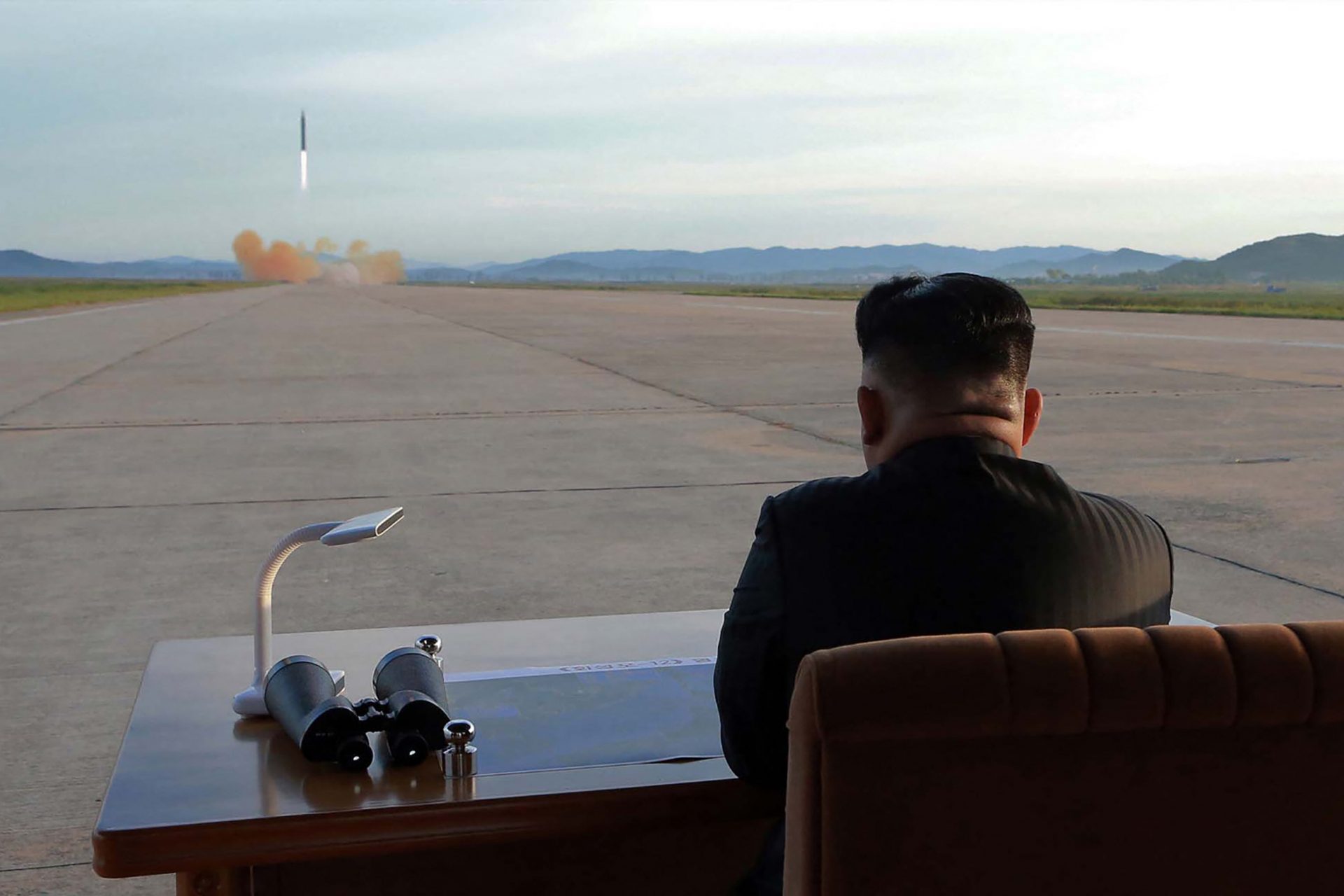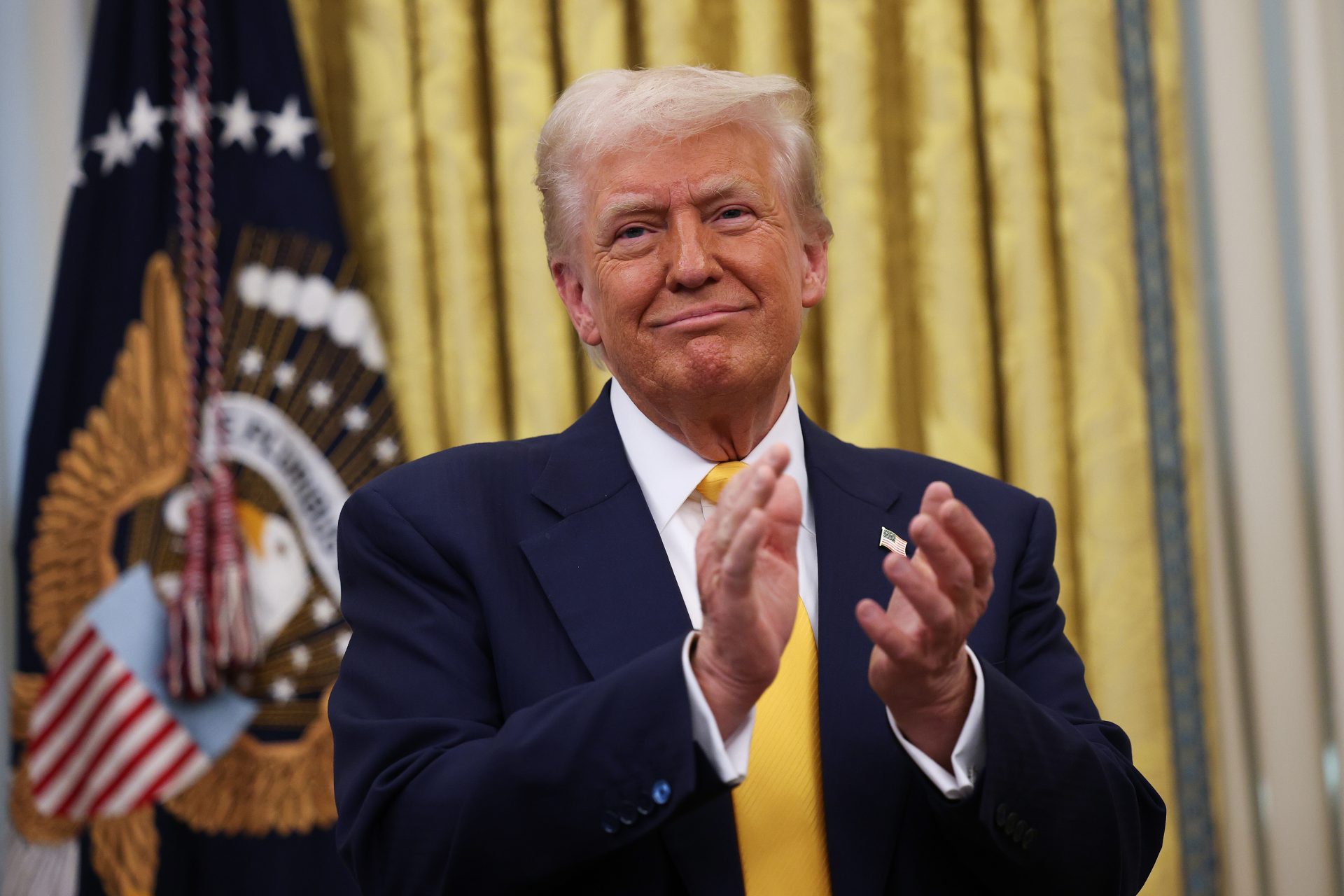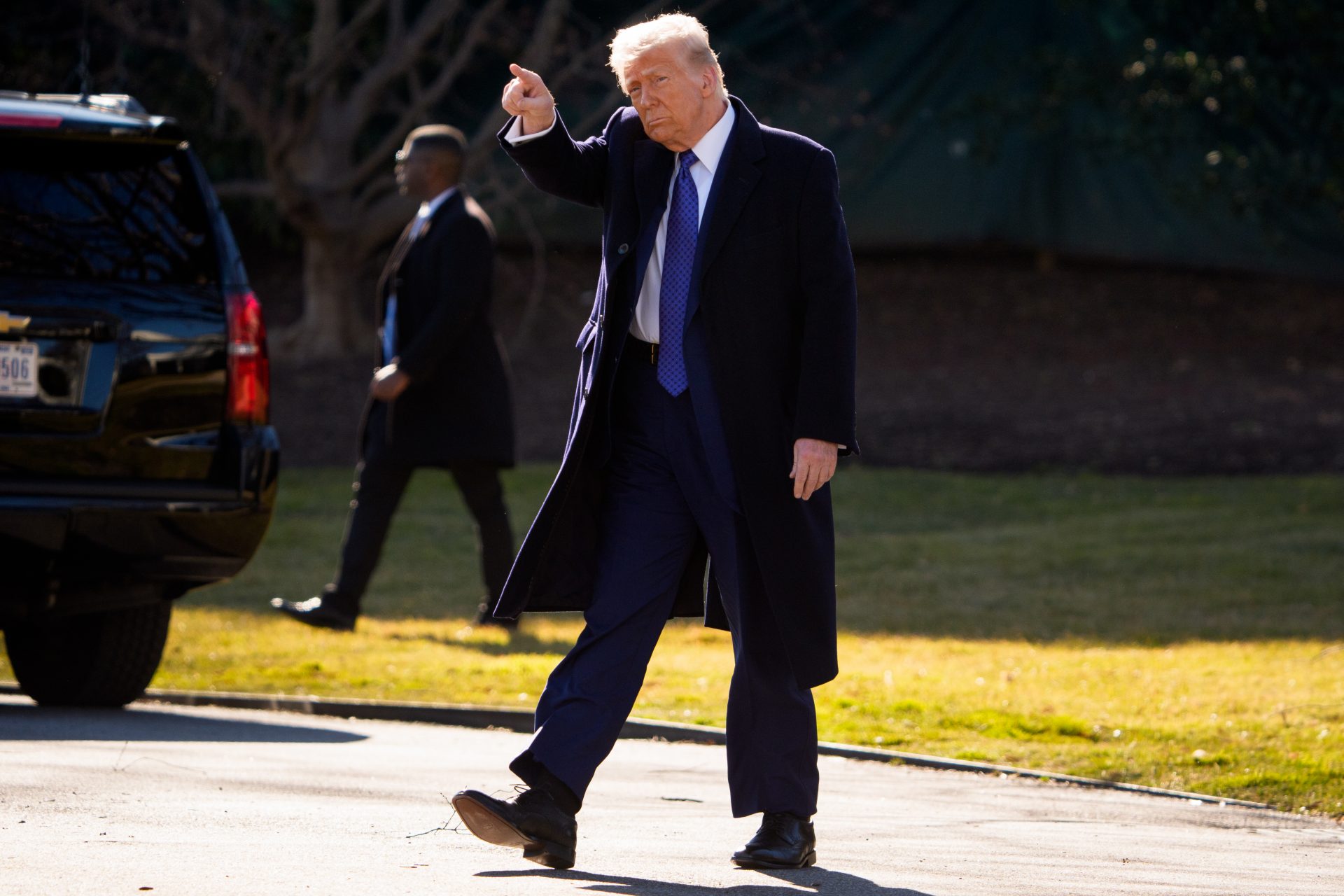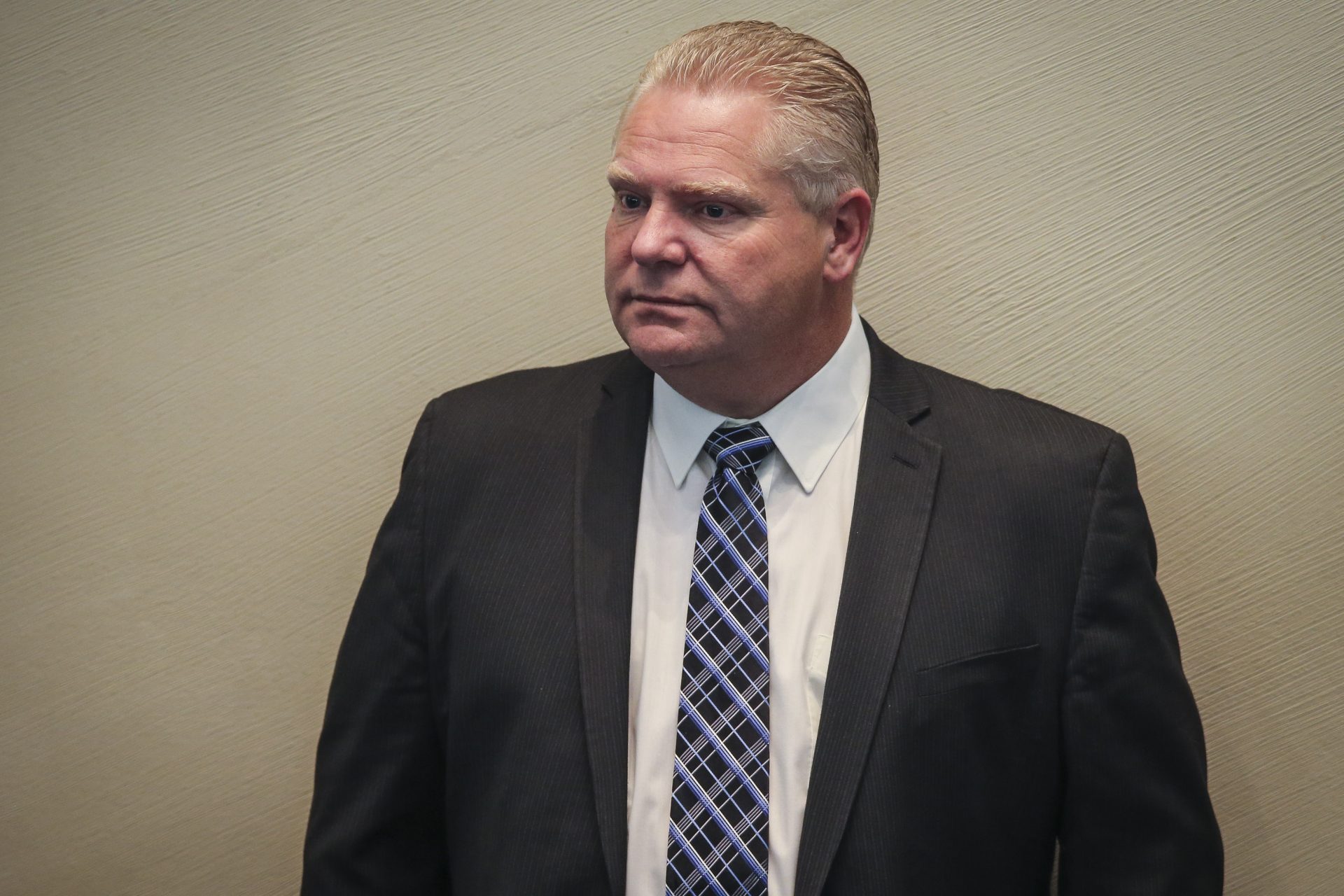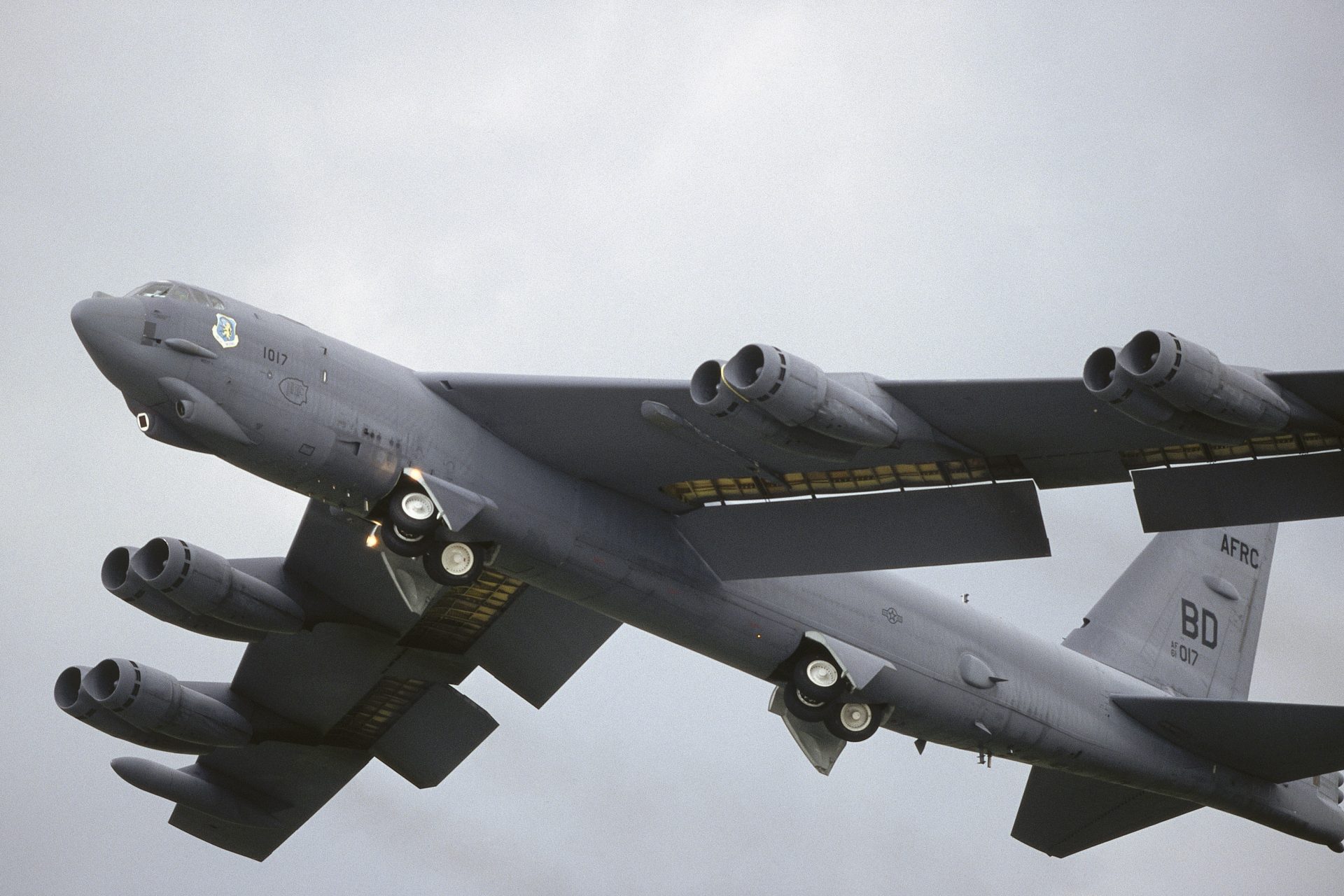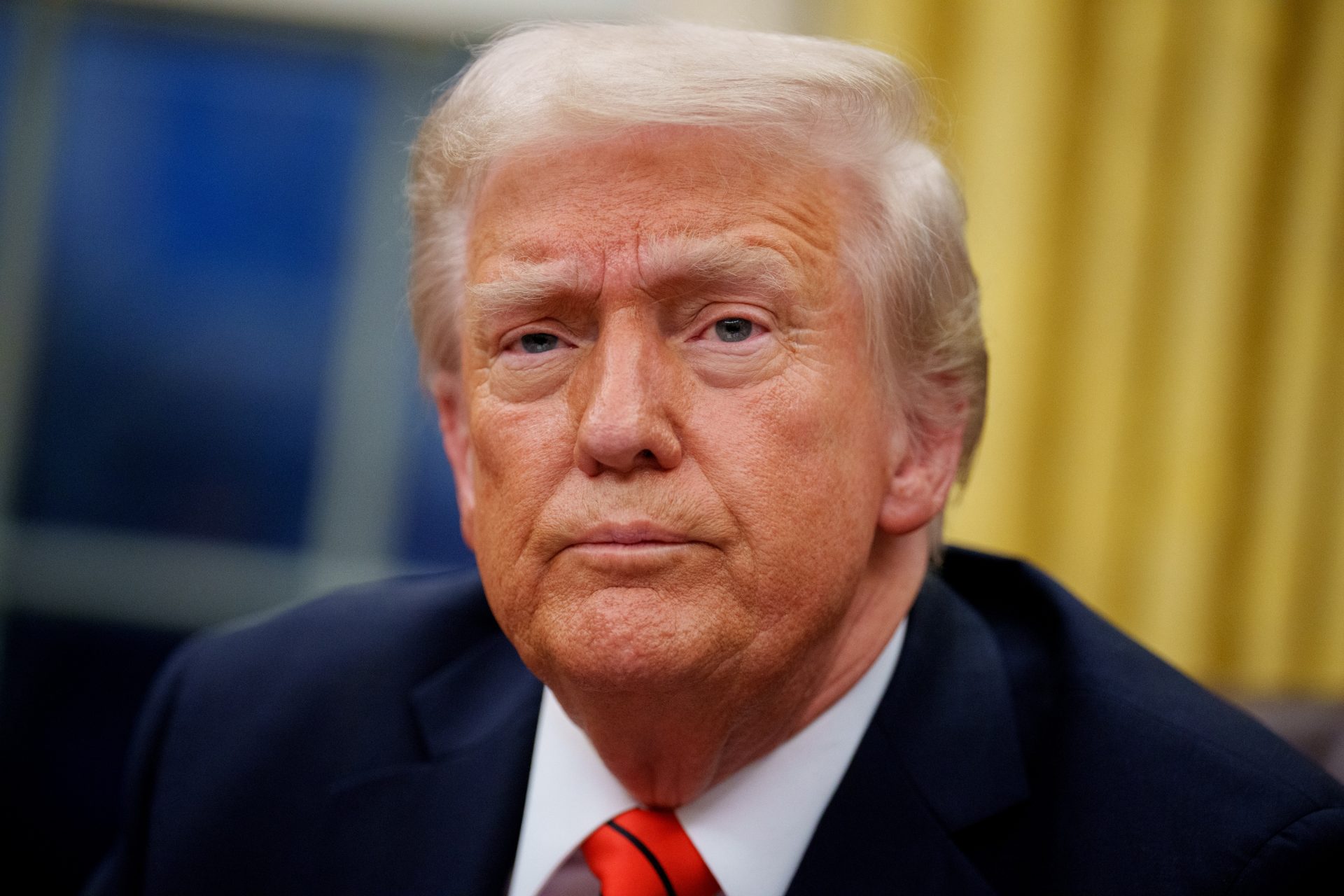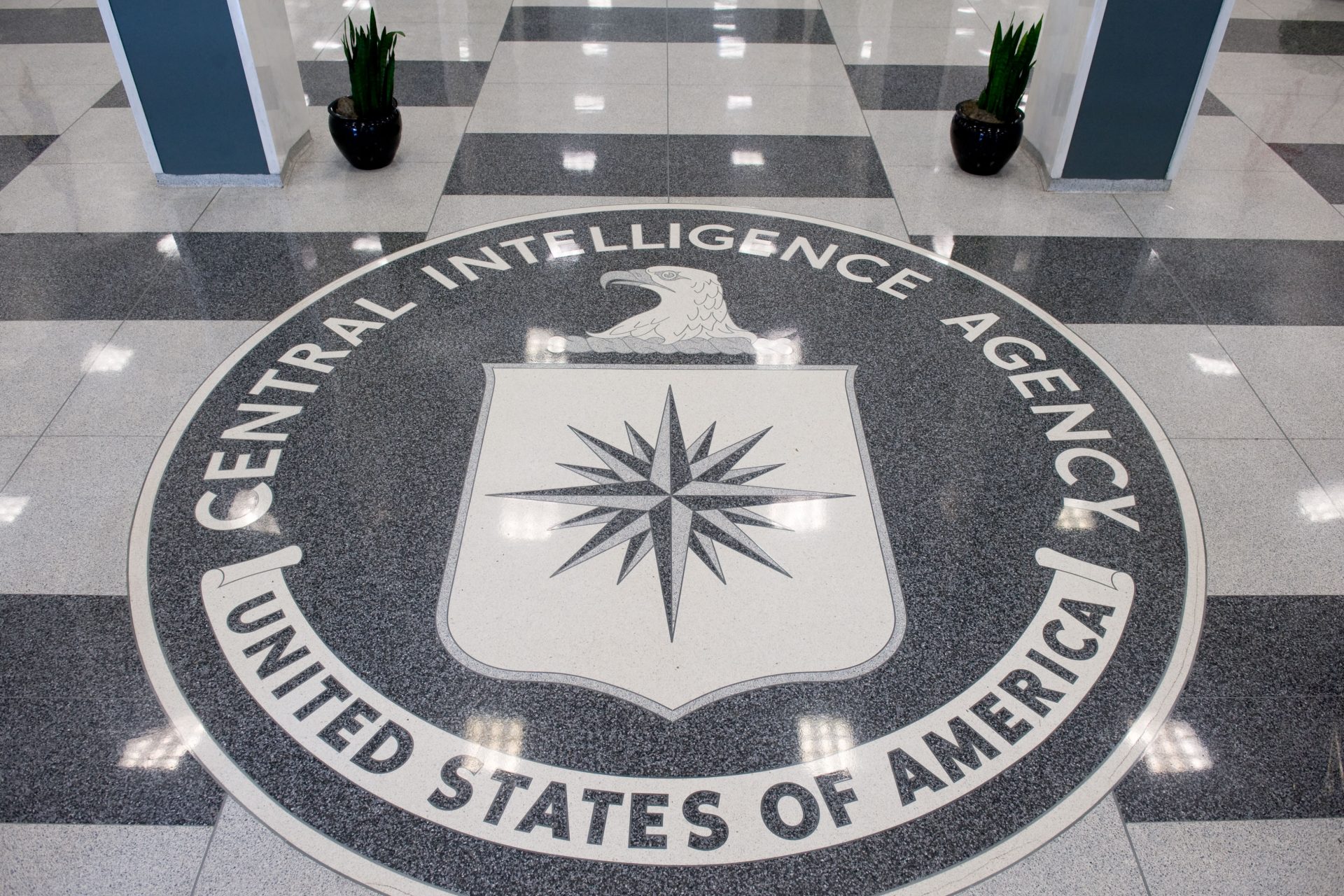'Sportswashing’: a tactic to cover up human rights abuses
Saudi Arabia spent at least $6.3 billion in sports deals since early 2021, according to an analysis made by The Guardian in July, in what critics have labelled an effort to distract from its human rights record.
Much like Qatar, also known for its human rights abuses, Saudi Arabia has been known for using “sportswashing” to try to distract the world from them.
“Sportswashing” is a phenomenon in which sports are used by a state or non-state actor to launder the actor’s reputation.
Saudi Arabia’s victory over Argentina in the Qatar World Cup wasn’t as surprising as conceived by the audience then.
The Saudi selection has been growing steadily for several years. Victorious against Egypt at the 2018 Russian World Cup and finalist of the Gulf Cup of Nations in 2019, Saudi Arabia has gradually established itself as one of the important teams in Asian football.
The day after the historic victory against Argentina, the country declared the date of the match a holiday despite their elimination in the first round of the World Cup.
After that, Saudi Arabia made headlines at the end of December 2022, when Portuguese legend Cristiano Ronaldo signed up for Saudi club Al-Nassr.
During his presentation conference at the club, CR7 praised the Saudi championship: “In Europe the work has been done, I have won everything and I am proud to have made this decision. (...) The Saudi League is very competitive. But people don't know that."
The arrival of the Portuguese player was therefore a huge media stunt for Saudi Arabia. The presence of the five-time Ballon d'Or winner, even at the end of his career, gave the country an unprecedented opportunity to draw attention to their football team.
Furthermore, Saudi appointed Lionel Messi as tourism ambassador for the country in May 2022, managing to relate to the two biggest football players of the moment.
The main power of the Arabian Peninsula pursues an all-out development strategy in football. The English club Newcastle United was bought in 2021 by the Saudi sovereign wealth fund Public Investment Fund (PIF).
The choice of Newcastle, which is neither one of the main cities nor the most exclusive clubs in England, may have come as a surprise, but it seems like the Saudis wanted to make them succeed.
By taking over the Newcastle club, Saudi Arabia has set foot in the richest, most followed and most prestigious football league in the world. Enough to promote its future development in Europe.
Saudi investors had also communicated their interest in Olympique de Marseille. The country had also made an offer of four billion euros to buy Manchester United, but the proposal had been deemed insufficient by the owners of the Red Devils.
In July, they offered Paris Saint-Germain star Kylian Mbappé a world-record $1.1 billion deal, but he turned it down, Forbes reported.
Saudi Arabia’s “sportswashing” however is not limited to football; the country is also developing its international presence and visibility through other sports.
The organization of the 2029 Asian Winter Games has been awarded to Saudi Arabia. A highly contested decision given the incompatibility of the country's climate with the organization of winter games.
Proof that sport is part of a more global development strategy, the Asian Winter Games of 2029 will take place in the futuristic megalopolis of Neom, currently under construction.
Saudi Arabia will also host the 2034 Asian Games. The country is also a candidate for the organization of the Football World Cup in 2030, and therefore intends to play the leading roles in the organization of major sports competitions at a global level.
Through sport, Saudi Arabia also seeks to develop tourism in its territory.
High-profile sportswashing often attracts a great deal of critical attention. However, the existence of criticism does not mean that “sportswashing” is not working. What “sportswashers” seek is the support of powerful voices from within sports governing bodies.
Proof of this, is the controversy around the “One love” armbands. When seven football captains wanted to wear a rainbow armband to promote a message of LGBTQ+ inclusion in the Qatar World Cup, FIFA stopped them.
Furthermore, recent UK research showed Gulf investment funds and ownership of football clubs have been sufficiently powerful enough to deter criticism of their human rights record from the local press and politicians, who fear displeasing fans and advertisers.
Scholars argue that fan and athlete activism has an important role to play in resisting “sportswashing,” because when they draw attention to abuses, particularly within the emotionally charged atmosphere of a stadium, they undermine this separation and limit the event’s ability to distract.
More for you
Top Stories



